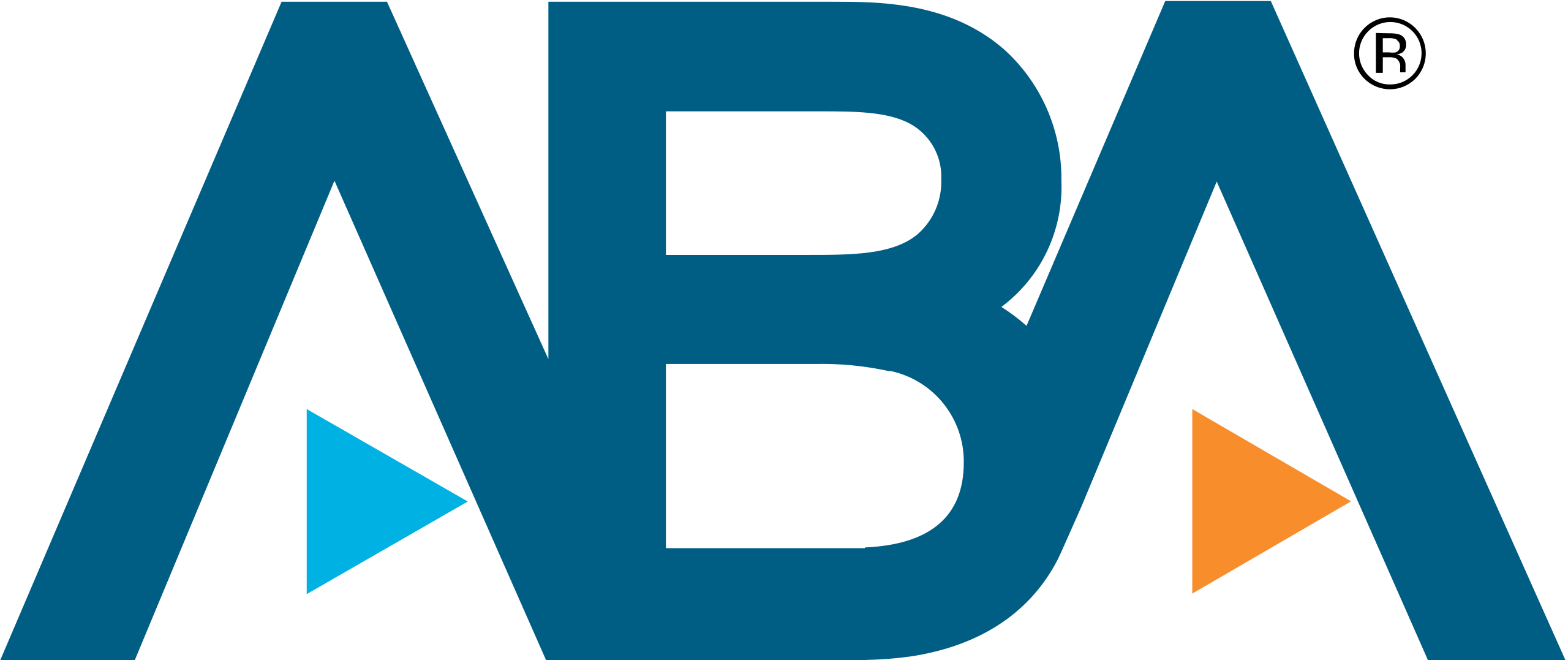ADDICTION TREATMENT
Law Professionals
State Bar Associations often have defined policies due to the critical nature of legal work. Many states offer Lawyer Assistance Programs that provide confidential services to attorneys grappling with substance abuse.

The American Bar Association (ABA)
The American Bar Association (ABA) is the largest voluntary professional association of lawyers and law students in the United States. While the ABA does play a significant role in shaping the legal profession’s standards and advocating for the rule of law, it doesn’t have the direct regulatory power to license or discipline lawyers – that authority rests with individual state bar associations and licensing entities.
However, the ABA does address issues of substance abuse and mental health in the legal profession in various ways:
Model Rules of Professional Conduct
The ABA’s Model Rules of Professional Conduct guide state bars in crafting their own rules of ethics. While these rules do not directly address substance abuse or alcoholism, they emphasize a lawyer’s duty to provide competent representation to a client. Impairment from substance abuse interfering with a lawyer’s ability to serve clients could violate these ethical principles.
ABA Commission on Lawyer Assistance Programs (CoLAP)
Education and Conferences
Resources and Publications
Model Policies
National Surveys
Collaboration with State Lawyer Assistance Programs
State Bar Associations and State Bar Licensing Entities
State Bar Associations or State Bar Licensing Entities have the regulatory authority to oversee the conduct of lawyers in their respective jurisdictions. The exact approaches and interventions related to substance abuse and alcoholism might vary from one state to another. Still, many state bars have established mechanisms to address these challenges within the legal profession.
Here are some general ways in which state bars might handle substance abuse and alcoholism:
Many state bars have established LAPs, which support lawyers, judges, and sometimes law students facing substance abuse and mental health challenges. LAPs often provide:
- Confidential Assessments: Lawyers can receive evaluations to determine the extent of their substance use issue.
- Referrals: LAPs can connect lawyers with appropriate treatment programs, counseling, or peer support groups.
- Education: LAPs often host workshops, seminars, and other educational events to raise awareness about substance abuse and mental health issues in the legal profession.
- Monitoring: Some LAPs have monitoring programs for lawyers who have faced disciplinary action due to substance abuse, ensuring they maintain their sobriety as a condition of continued practice.
State bars recognize the challenges of substance abuse and alcoholism in the legal profession and often provide a mix of supportive interventions and regulatory oversight to address the issue. The goal is to ensure the well-being of legal professionals while safeguarding the interests of clients and the public.




